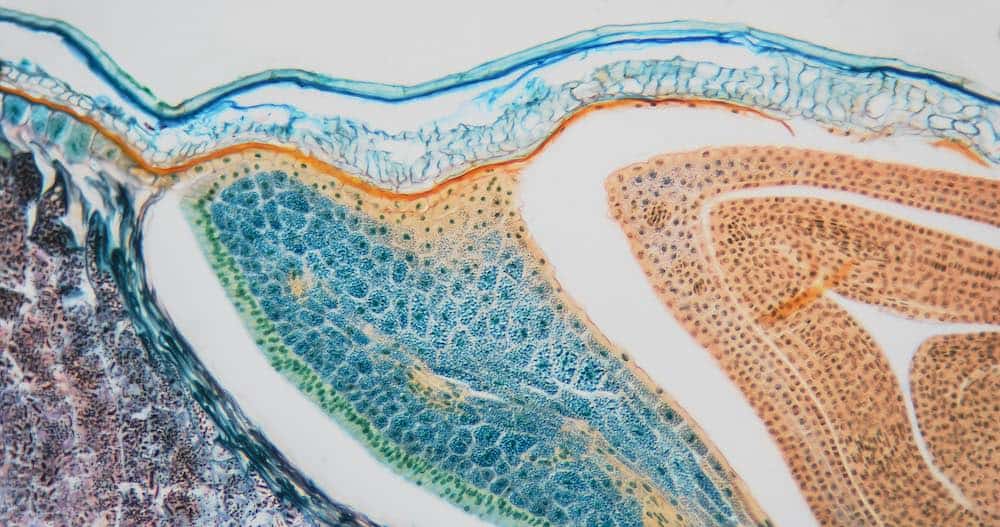1. Consume foods rich in vitamin C
Vitamin C is an essential nutrient for collagen production in the body. It helps skin cells produce proline and glycine, two key amino acids for collagen synthesis.
Foods rich in vitamin C include citrus fruits, kiwis, peppers, tomatoes, strawberries, and spinach.
Read also | Best collagen: a pharmacist’s buying guide
2. Consume foods rich in omega-3 fatty acids
Omega-3 fatty acids are important nutrients for skin and joint health. They help maintain skin elasticity and hydration, which can help prevent the appearance of wrinkles and loss of firmness. They can also relieve joint pain by reducing inflammation.
Foods rich in omega-3 fatty acids include fatty fish, nuts, and seeds.
3. Consume foods rich in antioxidants
Antioxidants are natural substances that protect cells from damage caused by free radicals, unstable molecules that can damage cells and affect collagen production.
Antioxidants can be found in many foods, including fruits and vegetables, whole grains, nuts, and seeds.
4. Exercise regularly
Physical exercise helps increase collagen production in the body by stimulating blood circulation and providing additional oxygen and nutrients to skin cells.
Exercise also promotes cell renewal, which helps maintain youthful and healthy skin.
5. Reduce your alcohol and tobacco consumption
Alcohol and tobacco can affect collagen production in the body by disrupting cellular processes and causing damage to skin cells.
Excessive alcohol consumption leads to dehydration of the body, which affects skin elasticity and causes the appearance of premature wrinkles.
Smoking can also cause damage to skin cells by disrupting collagen production and causing the appearance of wrinkles and dark spots on the skin.



